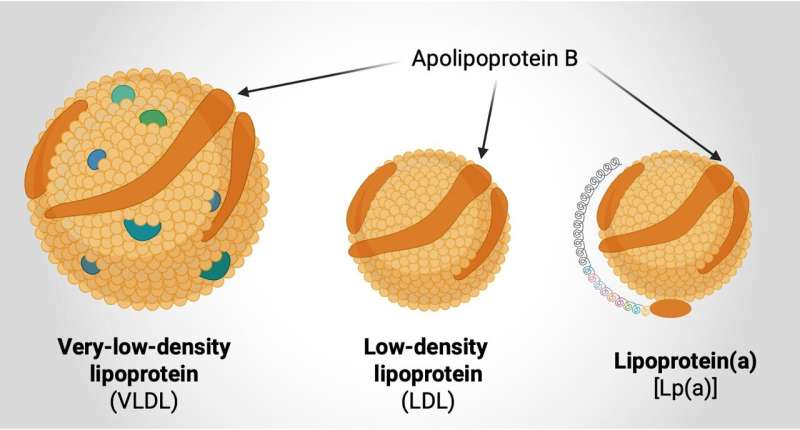The study, “The relative importance of particle count, type, and size of apoB-containing lipoproteins in the development of coronary artery disease,” is published in the European Heart Journal,
According to the World Health Organization (WHO), cardiovascular diseases (CVDs) are the leading cause of death globally. Most cases could be prevented by addressing behavioral and environmental factors such as smoking, unhealthy diet or physical inactivity. It is therefore important to detect the risks as early as possible so that effective prevention techniques or management can begin.
“This is the largest study of its kind to date and the results show for the first time the relative importance of the three major families of lipoprotein for the potential risk of heart disease”, says Jakub Morze, lead author of the study and a postdoctoral fellow at Chalmers.

